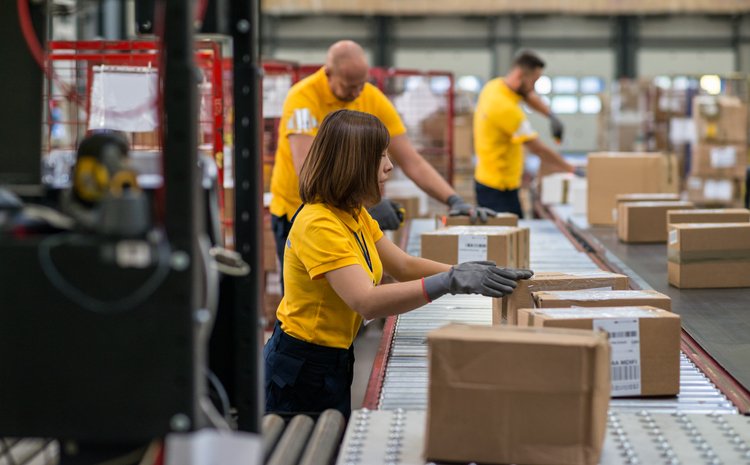“Not a crisis itself is crucial, but the measures taken afterwards”
Bas van Bavel about long term consequences of COVID-19
Since mid-March, not an hour goes by without you reading, hearing or seeing something about corona. Many will have had more than enough of this by now. But COVID-19 is among us and we have no choice but to deal with it. Now the number of infections is going down and the government measures are eased, the question arises: what does this pandemic mean for our future? Will the world change drastically? In this series, scientists of Utrecht University outline their expectations.
To what extent will corona have consequences for how we arrange our work in the upcoming years? Is this crisis good or bad news for the climate, the economy and our interaction with animals in the long run? Will the virus result in permanent changes to our social interactions and will it possibly lead to sustainable reforms in education, healthcare and urban and regional planning?

In the third part of this series, we talk about wealth distribution and - inequality with Bas van Bavel, Professor of Transitions of Economy and Society, and scientific director of the university-wide strategic theme Institutions for Open Societies.
The predictions of a deep recession caused by corona are currently coming at us from all directions. Will this recession increase the gap between the poor and the rich, or reduce it instead?
“Looking at history, you see that it is not a crisis itself that is crucial, but the social power play that decides which choices are made to face a crisis. A good example is Italy, which suffered from the plague in the fourteenth century. This epidemic resulted in more equality. The population was halved, wealth had to be divided among less people and workers could demand higher wages.
But three centuries later, when Italy was suffering from another plague epidemic, the consequences for the differences between the poor and the rich were very different. Again roughly half the population died, but the prosperity gap increased instead. The elite had secured a big economic position of power; the wages were frozen and inheritance law was changed, which meant that estates could not be split. So the effects of a crisis generally depend on the measures that are taken after it and on the way in which society is organised.”
And when you look at the more recent history?
“In the twentieth century, people had in large numbers joined unions, cooperative societies and political parties. This enabled them to wield influence during the shocks of the two world war. Ensuring that the burdens were shared in a fairer way by means of taxing wealth and inheritances, and by expanding social security and the welfare state. This accelerated the process of emancipation and democratisation.
The inequality also did not increase after the oil crisis in the 1970s, but we do see a tipping balance. The roads were cleared towards deregulation and privatisation. The power of unions decreased, that of big corporations increased and the free market became dominant.”

What do these shifts means for the consequences of the current crisis?
“We can somewhat tell by looking at the effects of the financial crisis of 2008. All attention was focused on preserving the financial system; tax money was used to save banks and support corporations. The economy was restarted, indeed, but the nationwide prosperity took a big hit. This approach has unmistakeably increased inequality. In modern history, it's the first crisis in which inequality increased. This can't be seen separately from the changed social interactions.
As little has changed since then, there is a big chance that the shock of the corona crisis will have the same effect as after 2008 and inequality will further increase.
Are you worried?
“The crumbling power of labour doesn't bode well; just look at the enormous amount of flexible, insecure work. It's poignant that people who barely profited from the economic growth in the past decades - the postal deliverers, nurses, garbage men and teachers - now also face the biggest risks and have to keep our society going.
As a response to the corona crisis, many billions of euros of public money are spent again. The choices we make now in terms of relief programmes, regulations and distribution of fiscal burdens are important factors in determining the development of wealth in the upcoming years. It's really crucial that we don't focus on one dimension again, such as infection or economic growth, as this won't work in favour of the broader quality of life in the long run.
So I hope we'll make sensible choices in which we keep track of all dimensions of wealth for all groups. And also that there are trade-offs: what works well in one particular aspect or for one particular group might not work as well elsewhere or for others. Especially with generic measures, that is a risk - though often unintentional. And particularly: choose measures that not only reduce the negative consequences in the short term, but also contribute to the handling of the big challenges that we face.”


